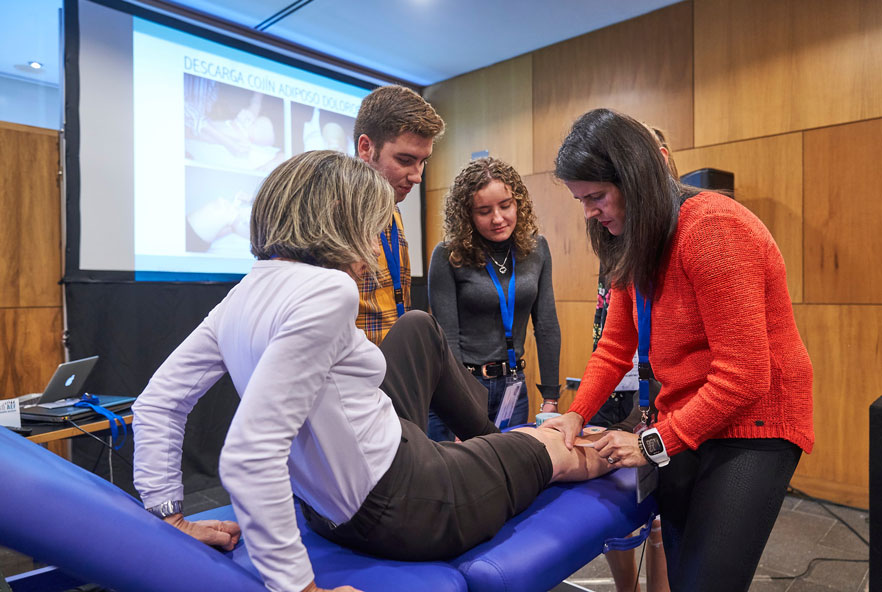
Physiotherapists work to treat physical ailments by evaluating the symptoms of the problem. Treatments can include manual therapy, electrotherapy, exercise, and relaxation techniques. Patients can also undergo follow-up sessions during which the therapist will perform other assessments to get a better picture of the condition and to monitor the progression of symptoms. Physiotherapists help people recover from various types of ailments and injuries by improving their range of motion and restoring function.
Many physiotherapists in Glen Huntly specialise in a particular area of physical health. For example, pediatric physiotherapists focus on treating children with developmental delays and other physical ailments. They also work with athletes to help them return to maximum performance after an injury. These professionals are often employed by major sports teams. Some also specialize in women’s health, treating conditions such as incontinence and pelvic pain.
Physiotherapists in Caulfield work in various settings, including clinics, hospitals, and rehabilitation facilities. They may work in partnership with doctors to monitor patient progress and develop treatment plans. They may also supervise exercises and prescribe assistive devices to assist patients. They also may work in education, research, and service management. A physiotherapist’s role is diverse, allowing them to develop and enhance their expertise.
Physiotherapists use various techniques, including massage and exercise. Different exercises are prescribed for different patients, which help strengthen affected body parts and promote movement. Some physiotherapy in Carnegie may also prescribe breathing exercises to strengthen respiratory muscles. These exercises are repeated over a period of time. They can help patients improve their health and quality of life through these exercises.
Women’s health physio in Carnegie, Melbourne can help women deal with various pelvic floor conditions. In particular, they can help women prevent or manage urinary incontinence. This condition affects one in three women, and the rate increases with age. Some women experience urinary leakage due to pelvic floor weakness. However, in other women, urinary leakage may occur due to too tight or too strong muscles. A physiotherapist will be able to provide treatment for these patients without a referral. These sessions may even be claimed on private health insurance.
Women’s health physiotherapists are closely involved with the safe return of women to exercise. Improper exercise can result in a prolapse, a wider tummy muscle gap, or other injuries. They will also treat mastitis and use therapeutic ultrasound to help patients heal quickly. Physiotherapists are also important in post-gynecological surgery rehabilitation.
A physiotherapist specializing in women’s health will treat pelvic floor disorders and other women’s health concerns. This type of physiotherapist will often examine patients and prescribe a personalised treatment plan to relieve pain and restore function. The goal of women’s health physiotherapists is to empower women through physical therapy.
Prospective physiotherapists should complete a Bachelor’s degree in health sciences, physical rehabilitation technology, or a Master’s degree in physical therapy. Physiotherapy students must also register with the Health and Care Professions Council (HCPC), a UK regulatory body. Most physiotherapists are members of the Chartered Society of Physiotherapists.